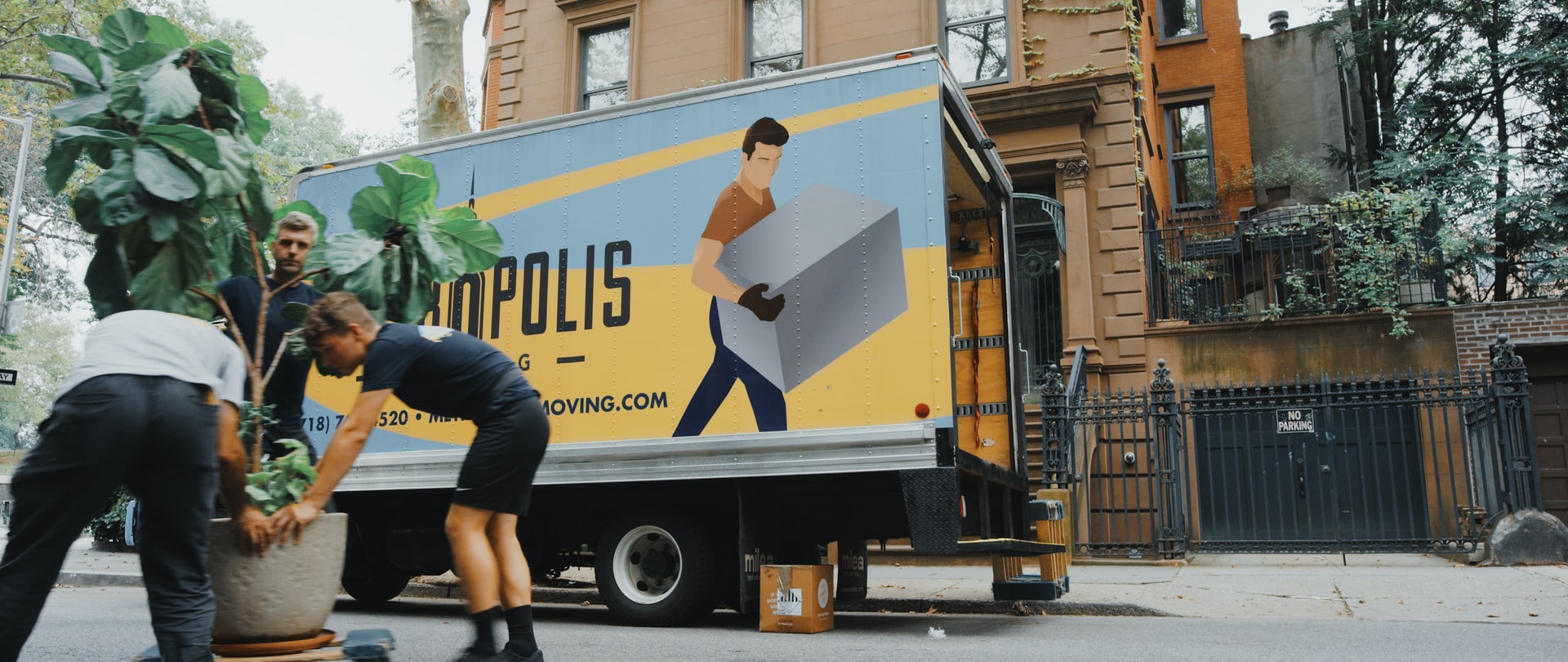Moving costs vary by location, amount of items you need to move, and the moving company. A local move under 100 miles average $1,400, but long-distance moves get more expensive. Getting movers for longer treks can cost between $2,200 and $5,700.
This expense presents a hurdle for any move, but some budget planning can go a long way. Some people plan it out, so they move for free, while others substantially lower their moving bill.
8 Ways How to Move For Free or at Lower Cost
Can it be free to move? These strategies will reduce your moving expenses and get you closer to a free move.
1. Do Your Research
Browse through several moving companies to find a blend of affordability and quality services. Calculate your mileage and moving costs so you have a gauge.
Knowing moving costs helps with goal setting. If you determine moving costs $4,000, you know you need to chip off $4,000, so it becomes free to move.
Researching multiple competitors can lead to the best price and savings right out of the gate.
2. Sell Your Home To A Company Offering Free Moving
Some buyers will cover moving costs to facilitate a smooth transaction. You won’t have to worry about cost-cutting or affording the move.
3. Sell What You Don’t Need To Take
More personal belongings require additional moving trucks. Each moving truck adds up, but you can clear out inventory before they arrive.
Moving gives you a fresh start, and not everything from your old home should make it to your new home. Selling personal belongings can free up space in the moving truck and give you extra funds to afford the move. Selling large items such as furniture will clear up the most space. Depending on how much you sell, you may only need one truck to facilitate the move.
Even if you don’t want to part with your furniture and other heavy items, selling still helps. Smaller items may not take up much space, but they still provide extra funds to lower moving costs.
Moving can inspire you to sell many of your belongings and become more conscious of what enters your home. Both decisions lead to extra money that can reduce moving costs.
4. Ask Your Friends and Family to Help
Movers charge between $25 and $50 per hour to haul your goods into trucks. Most people pay hundreds of dollars for the labor involved with moving goods in and out of the truck.
Asking friends and family for help will reduce labor costs and speed up the process. Hauling the goods with family and friends is quite the undertaking, but you’ll save plenty of money. In addition, you can reward your friends afterward by exchanging favors, taking them out for a night, or planning another activity.
You and your team don’t have to haul in the heavy goods. Some people handle everything they can lift and have professionals bring in heavier items. You pay professionals by the hour, not by how much they lift. Having them go back and forth for knick-knacks is a waste of money when you and your family can do it yourself. You can store the knick-knacks in boxes and load them into your car.
Moving your goods also makes you more aware of your inventory. You may come across items you no longer need and can sell in the future. After completing the move, you can sell these goods to recoup some of your expenses.
5. Share Costs with Other Movers
Some moving trucks serve multiple clients simultaneously. So instead of getting the entire truck, you get an allocated space for your goods. The remaining truck space goes to other households planning their relocations.
Sharing costs with other movers reduces costs. If you rent a truck only for yourself, you pay the full price even if you only fill less than half of the truck. Sharing costs ensures a full truckload for the moving company. Then, you only pay for the square footage your goods take up instead of the entire truck.
Shared load moving will increase your delivery time, but the savings make up for it. Professionals will make multiple stops on the way to your new destination. Some families will wait a few extra days or weeks for their personal belongings in exchange for significant savings.
6. Check Out Help From Charities
Charities serve many people with varying needs, and some specifically help people who want to relocate. Some movers can qualify for a donation from these charities:
- The Salvation Army — shows documented low-income status
- Catholic Charities — anyone experiencing homelessness or at risk of homelessness
- Modest Needs’ Self-Sufficiency Grants — proof of living at or below the poverty line with a significant need or circumstance
- The YWCA — for most funds, you must live near a YWCA location and reach out to that branch.
7. Ask Your Employer to Pay Relocation Costs
Some people relocate to new areas for work-related reasons. These people often land a new job, or their current employer asks them to relocate and buy a new home. During these circumstances, you should ask your employer to cover relocation costs. You may not get full coverage, but your employer may chip in extra compensation to help with your move.
You can use relocation costs as leverage before landing the job. Even if you’ve already committed to incurring the costs yourself, it doesn’t hurt to ask your employer. The worst thing they can do is not help with relocation costs.
8. Move Somewhere that Will Pay Your Relocation Costs
Some cities and states have programs in place that cover relocation costs. Moving to one of these states can substantially reduce moving costs or make it free to move.
Some programs apply to anyone, while others have criteria for new residents. A few states offer programs that cover relocation costs and several other expenses. West Virginia currently offers remote workers $12,000 over two years to relocate to their state.
When handpicking states, check if they offer to cover relocation costs and provide other perks. You can receive thousands of dollars by moving to the right area and enrolling in programs.







